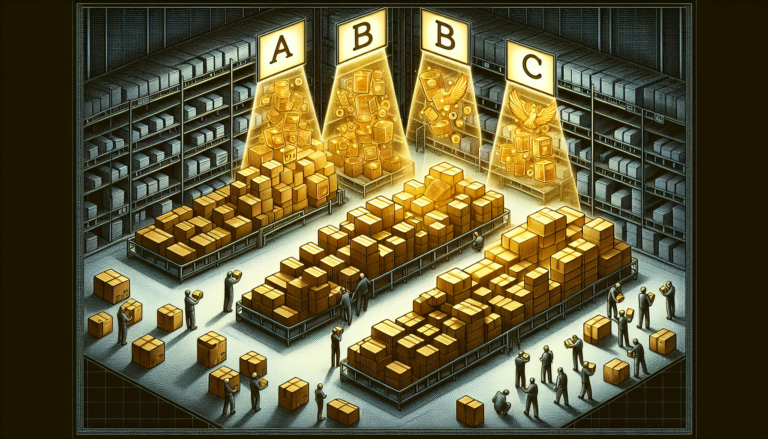Best Inventory Manager Software Picks in 2026
Inventory Manager Software is a cornerstone of modern supply chains. From real-time stock tracking to advanced reporting, the right system prevents shortages, avoids overstocking, and drives efficiency. In this guide, we review the top options for 2025, including their features, costs, and how to select the best fit for your business.

Key Takeaways
- Inventory Manager Software helps track stock across multiple locations.
- Leading providers include Zoho Inventory, Oracle NetSuite, Sortly, and AccountMate.
- Costs range from free starter plans to $500+ monthly premium packages.
- Features like mobile access, automation, and analytics deliver long-term ROI.
Standalone vs. Integrated Solutions
Standalone inventory software operates independently, while integrated solutions connect with ERP or back-office systems.
Standalone: Easier to deploy, lower upfront costs, ideal for small to mid-sized companies.
Integrated: Syncs with accounting, purchasing, and sales platforms for enterprise-level oversight.
👉 Related: Warehouse Inventory Software
Features That Matter in Inventory Software
When evaluating solutions, prioritize:
Real-time tracking across all channels
Automated purchase orders to streamline restocking
Batch & expiry tracking for perishable or regulated items
Mobile access for warehouse staff and managers
Analytics to forecast sales trends and optimize stock
👉 Related: Warehouse Best Practices
Scalability and Flexibility
Choose a system that grows with your business. AccountMate and NetSuite stand out for scalability, while Zoho offers flexibility with pricing tiers. Scalability ensures the system supports:
Multi-location control
Increasing order volumes
More complex reporting needs

Cost Considerations
Entry-level: Free plans (Zoho, Sortly basic) with limited users.
Mid-tier: $80–$300/month with more advanced features.
Premium: $ 500+ per month for enterprise-grade systems.
👉 External: Capterra Inventory Software Pricing Guide
Free Options vs. Premium Features
Free: Zoho Inventory (basic SKU tools, sales order tracking), Sortly free tier (100 items).
Premium: Bin tracking, ABC analysis, advanced reporting, multi-warehouse management.
Premium features often pay for themselves with efficiency gains, faster audits, and reduced shrinkage.
Multi-Channel Inventory Tracking
In 2025, retailers must manage stock across e-commerce, brick-and-mortar, and marketplaces like Amazon or eBay. Key needs:
Real-time stock sync across channels
Centralized updates to prevent overselling
Smart order routing based on warehouse location
👉 Related: Reverse Logistics Management

Mobile Access and Real-Time Updates
Mobile inventory apps let managers:
Scan barcodes and update stock instantly
Create purchase and sales orders on the go
Monitor shipments remotely
Sortly and Odoo both provide strong mobile-first tools.
Advanced Tools for POs & Vendor Management
Automated reordering based on thresholds
Supplier comparison features
Integration with accounting software
This automation reduces manual work and strengthens supplier relationships.
Custom Reporting and Analytics
The best systems offer:
Demand forecasting
Sales trend analysis
Profit margin reporting by SKU
Batch and serial tracking
👉 Additional Resource: Gartner Supply Chain Technology Insights

Top Inventory Manager Software Picks in 2025
Zoho Inventory – Best for startups (free tier).
Oracle NetSuite – Best for enterprise scalability.
Sortly – Great mobile app functionality.
AccountMate – Strong customization.
Cin7 Core – Robust mid-tier platform.
FAQs
What is the best free inventory management software?
Zoho Inventory and Sortly provide free tiers suitable for small businesses.
What is the best software for multi-warehouse management?
Oracle NetSuite and AccountMate excel at multi-location control.
What features are most important?
Real-time tracking, mobile access, purchase order automation, and analytics.
How much does inventory software cost?
From $0 (basic) to $500+ monthly (enterprise).
What’s the difference between standalone and integrated solutions?
Standalone is quick to deploy; integrated connects with ERP/WMS for full control.



